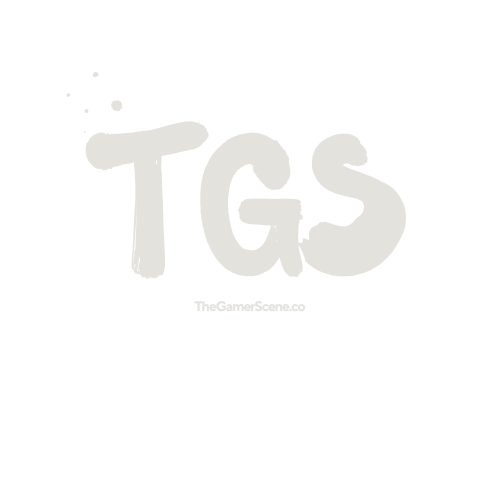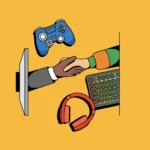Now Reading: Nintendo Confirms New Switch Successor Coming in 2025, Ending Years of Speculation
-
01
Nintendo Confirms New Switch Successor Coming in 2025, Ending Years of Speculation
Nintendo Confirms New Switch Successor Coming in 2025, Ending Years of Speculation
After years of swirling rumors and mounting fan anticipation, Nintendo has finally broken its silence: the successor to the Nintendo Switch is officially in development and slated for release in 2025. The announcement came during a corporate earnings call early this morning, with Nintendo President Shuntaro Furukawa confirming, “Development of our next-generation hardware is progressing steadily, with a planned release in the first half of 2025.”
This marks the first formal acknowledgment of a new console by Nintendo since the Switch launched in March 2017. The hybrid handheld-home device has since become one of the best-selling consoles in gaming history, recently surpassing 140 million units sold. As the platform begins to show its age—especially in performance-heavy titles—fans and analysts alike have speculated for years about when Nintendo would reveal a true next-gen system.
According to Nintendo, the new hardware aims to retain the Switch’s core hybrid appeal. While no official name, specs, or designs were revealed, insiders suggest the console may support backward compatibility with current Switch titles, a critical feature for Nintendo’s massive player base and a strong incentive for early adoption.
Industry analyst Daniel Ahmad of Niko Partners weighed in on the announcement: “Nintendo is confident that their next-gen system will build on the Switch’s foundation while offering a notable leap in performance and user experience. They’re clearly aiming to avoid the pitfalls of the Wii U by maintaining brand familiarity.”
Nintendo also confirmed that its June 2024 Nintendo Direct will focus solely on new titles for the current Switch, with no news on the next-gen system expected during that broadcast. The company pledged to reveal more details before the end of the fiscal year, which ends in March 2025.
As the gaming world prepares for the next phase of Nintendo’s legacy, fans are already theorizing what franchises might anchor the launch lineup. While The Legend of Zelda and Super Mario are always strong candidates, Nintendo’s tight-lipped approach leaves much open to imagination—for now.





















